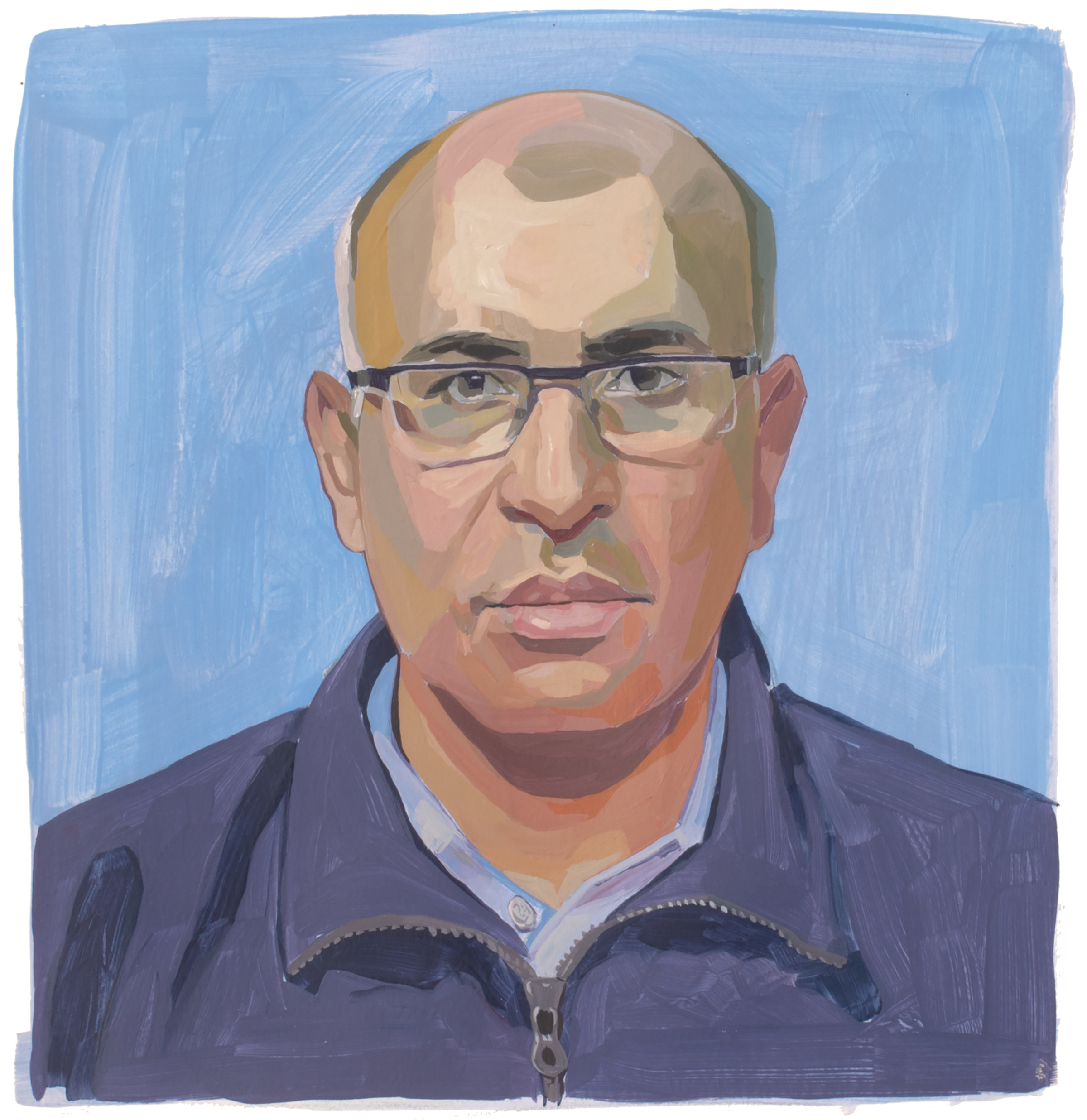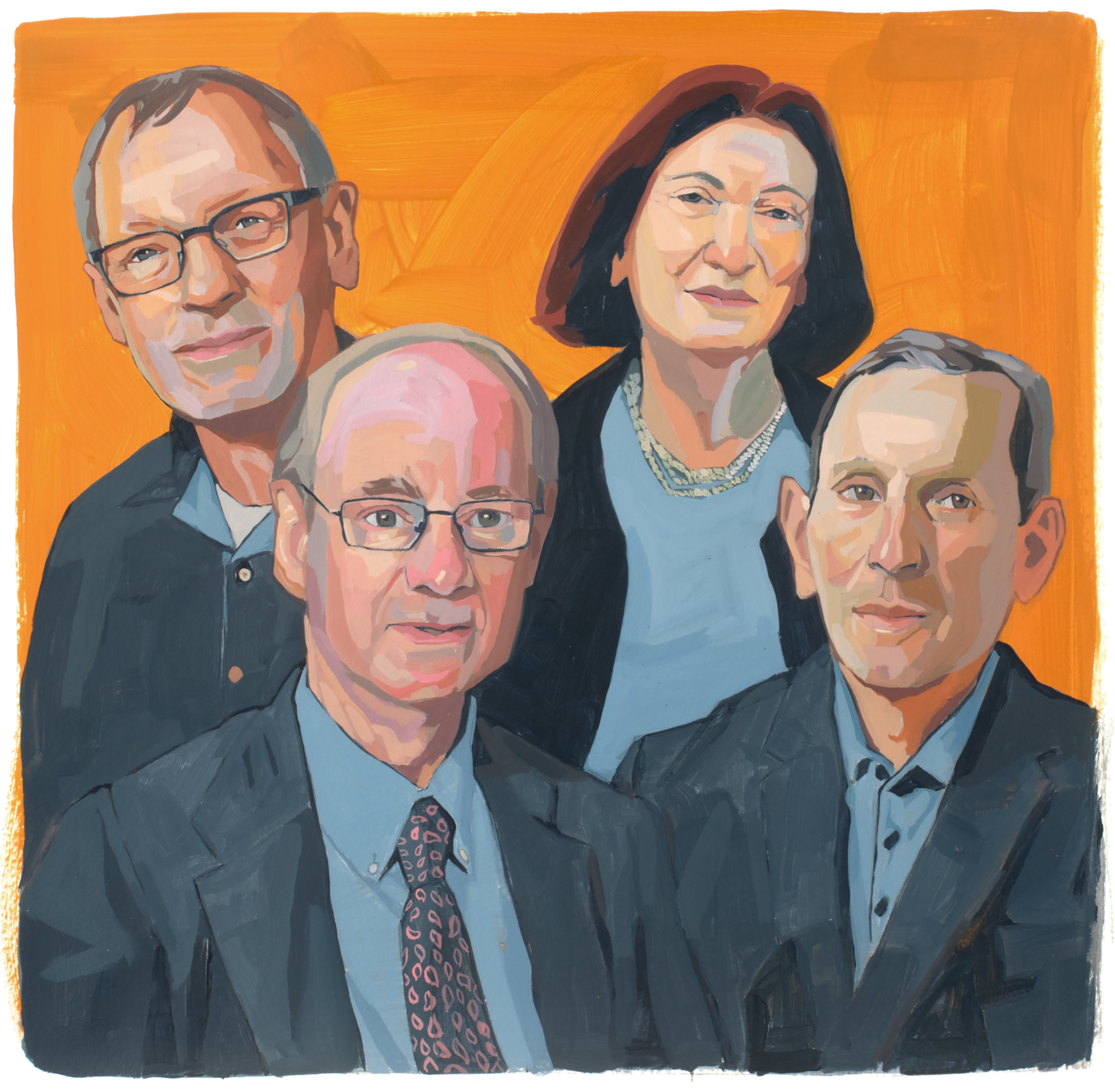Heart disease is the No. 1 killer of women in the U.S., yet only a third of the patients in heart-disease and stroke studies are women. Female mice weren’t required in medical research until 2016, and a lack of women in drug trials leads to women experiencing twice as many adverse drug reactions as men. These are just some of the jarring statistics on gender bias in medicine that inspired Carolee Lee to found Women’s Health Access Matters (WHAM), an organization that advocates for more research involving and differentiating women.
Lee’s key strategy: show the economic benefits of investing in women’s-health research. The entrepreneur teamed up with the nonprofit RAND Corporation and in 2022 found that if, in the next three years, the NIH doubled their allotted $350 million investment in studying women, the U.S. would see a $14 billion return to the economy. “If I come to a meeting and say, ‘I’ve got this incredible idea about the vaginal microbiome,’ or show up and say, ‘I’ve got a great idea that has a ROI of 130%’— which do you think more people want to hear about?” says Lee.
Her innovative approach shows a new way to communicate and use data to encourage investments in women’s health, an area that has been notoriously underfunded. Through WHAM, Lee organized a
research collaborative that virtually brings together women’s-health leaders from across the country. She’s also launching an investment collaborative to include VC, private equity, and investors in a similar style. “The ultimate goal is to connect both groups together to learn where business and medical-research opportunities overlap,” says Lee. “Better women’s health equals better economics for society.”
As a result of these collaborative meetings, WHAM launched a campaign in 2023 to call for a doubling of funding for women’s research in the next three years. The Biden Administration answered the call—from WHAM and others—by allocating $200 million in women’s-health funding as part of the White House Initiative on Women’s Health Research. WHAM also recently announced a partnership with the KPMG U.S. Foundation, Walgreens, and others. “Our next goal is to mine all of the data out there to understand where and how women are being underrepresented, and to support clinical-trial outreach through Walgreens pharmacies in underserved communities to improve care and ensure all women are better represented in future research,” says Lee.
More Must-Reads from TIME
- Cybersecurity Experts Are Sounding the Alarm on DOGE
- Meet the 2025 Women of the Year
- The Harsh Truth About Disability Inclusion
- Why Do More Young Adults Have Cancer?
- Colman Domingo Leads With Radical Love
- How to Get Better at Doing Things Alone
- Michelle Zauner Stares Down the Darkness
Contact us at letters@time.com





